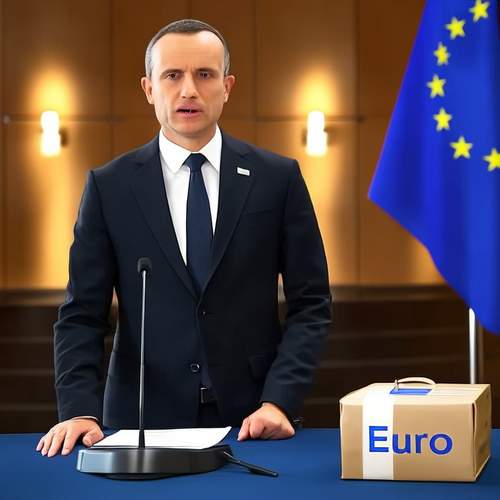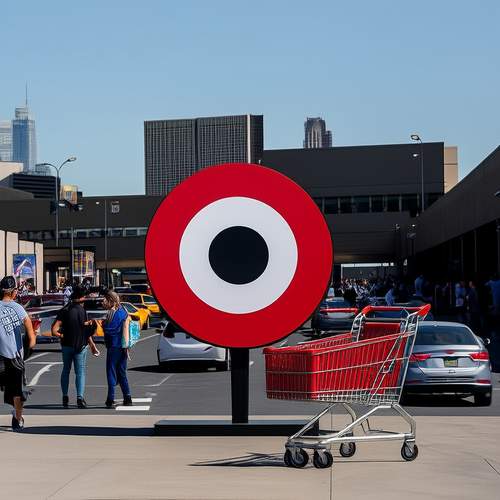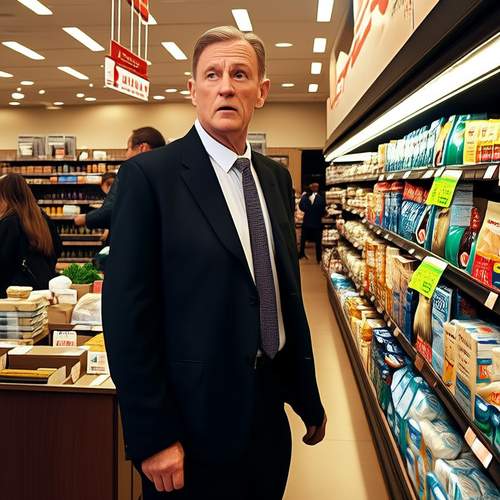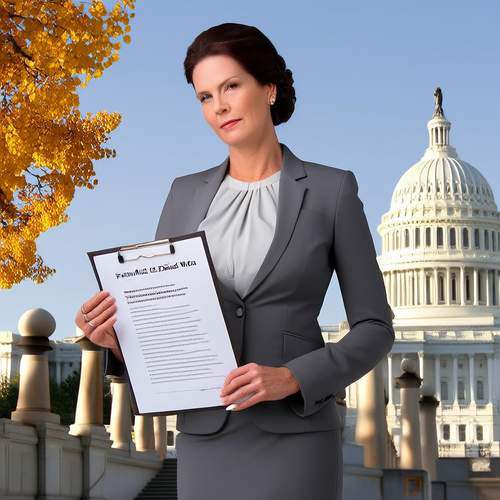In the world of luxury fashion, where craftsmanship and ethical practices are often touted as hallmarks of quality, a recent investigation by the Italian competition authority has cast a spotlight on some uncomfortable truths. Dior, a renowned luxury brand owned by LVMH, has agreed to a series of remedies to settle an investigation into whether it misled consumers about working conditions at its suppliers. This move marks a significant step towards greater transparency and accountability in the fashion industry.
The antitrust body announced on Wednesday that the commitments made by Dior were deemed appropriate to address the potential unlawfulness and decided to close the investigation "without establishing any infringement." This decision came after a thorough examination of Dior's practices and the conditions under which its products were manufactured.
Dior's commitments include a substantial financial contribution of €2 million ($2.3 million) over five years to support initiatives aimed at helping victims of labor exploitation. This pledge is not just a monetary gesture but a commitment to making a tangible difference in the lives of those affected by unfair labor practices. The funds will be directed towards programs that provide support, rehabilitation, and opportunities for workers who have suffered exploitation.
The investigation was prompted by revelations last year that workshops in Milan were employing underpaid workers, often immigrants who were in the country illegally, to produce leather bags. These bags were then sold to luxury brands like Dior and Armani for a fraction of their retail price. This discrepancy between the actual working conditions and the brand's messaging about craftsmanship and corporate social responsibility raised concerns about potential consumer deception.
In response to these findings, Dior has committed to making significant changes to its ethical and social responsibility statements. The brand will also adopt stricter procedures to select and monitor suppliers, ensuring that labor standards are upheld throughout its supply chain. These measures are designed to prevent future issues and demonstrate Dior's dedication to ethical practices.
In a separate statement, Dior emphasized its cooperation with the authority, saying, "Dior partnered closely with the Authority to define a robust set of commitments that increase transparency and strengthen oversight throughout its supply chain." This proactive approach reflects Dior's commitment to addressing the issues head-on and implementing meaningful changes.
However, not everyone is satisfied with the outcome. Italian consumer group Codacons criticized the investigation's conclusion, arguing that the financial commitments were too small and that no fine was imposed. They believe that a more severe penalty would have sent a stronger message about the importance of ethical practices in the fashion industry.
Last year, prosecutors appointed commissioners to oversee Dior and Armani's units that outsourced handbag production, ensuring that they addressed their supply chain problems. This special administration regime was lifted earlier this year, indicating progress in rectifying the issues. However, the fashion industry continues to face scrutiny, as evidenced by the recent placement of a Valentino unit under judicial administration for a year after worker abuse was uncovered in its supply chain.
The Dior case highlights the broader challenges facing the luxury fashion industry. While brands often emphasize craftsmanship and ethical practices, the reality can sometimes fall short of these ideals. The investigation and subsequent commitments by Dior serve as a reminder that transparency and accountability are crucial in maintaining consumer trust.
In a world where consumers are increasingly conscious of the ethical implications of their purchases, brands must be vigilant in ensuring that their supply chains are free from exploitation. Dior's actions, while criticized by some as insufficient, represent a step in the right direction. By committing to financial support for victims, enhancing transparency, and strengthening oversight, Dior is taking concrete steps to address the issues uncovered by the investigation.
As the fashion industry continues to evolve, the importance of ethical practices cannot be overstated. Brands must strive to ensure that their supply chains are free from exploitation and that workers are treated fairly. The Dior case serves as a reminder that while progress can be made, there is always more work to be done. By continuing to prioritize transparency and accountability, luxury brands can build a more sustainable and ethical future for the industry.
The settlement reached by Dior with the Italian competition authority marks a significant moment in the ongoing effort to promote ethical practices in the fashion industry. While the outcome has been met with mixed reactions, it underscores the importance of addressing labor exploitation and ensuring that supply chains are free from unfair practices. As Dior moves forward with its commitments, it sets an example for other luxury brands to follow. The journey towards a more ethical fashion industry is ongoing, but every step taken brings us closer to a future where craftsmanship and responsibility go hand in hand.

By Laura Wilson/May 22, 2025

By Sophia Lewis/May 22, 2025

By Samuel Cooper/May 22, 2025

By Christopher Harris/May 22, 2025

By Elizabeth Taylor/May 22, 2025

By Christopher Harris/May 22, 2025

By Laura Wilson/May 22, 2025

By Olivia Reed/May 22, 2025

By Grace Cox/May 22, 2025

By Grace Cox/May 22, 2025

By George Bailey/May 22, 2025

By Thomas Roberts/May 22, 2025

By William Miller/May 22, 2025

By Ryan Martin/May 22, 2025

By Samuel Cooper/May 22, 2025

By Rebecca Stewart/May 22, 2025

By Amanda Phillips/May 22, 2025

By Sarah Davis/May 22, 2025

By Rebecca Stewart/May 22, 2025

By Emma Thompson/May 22, 2025